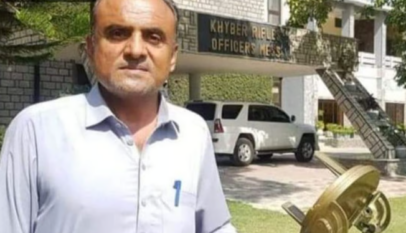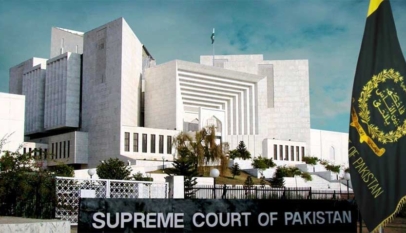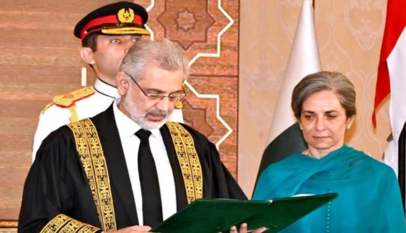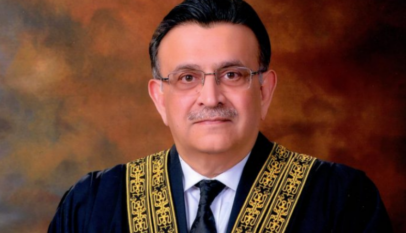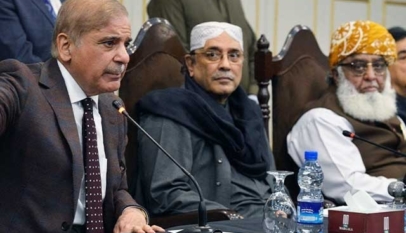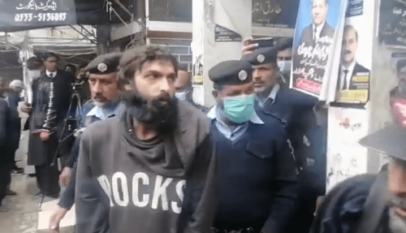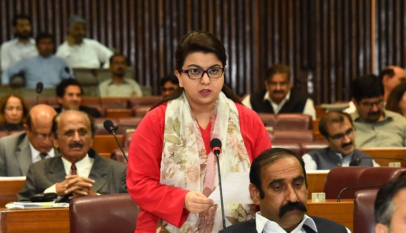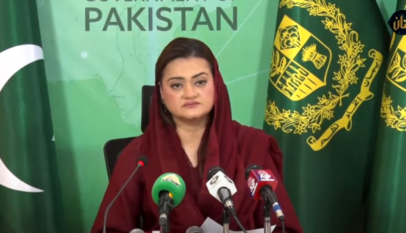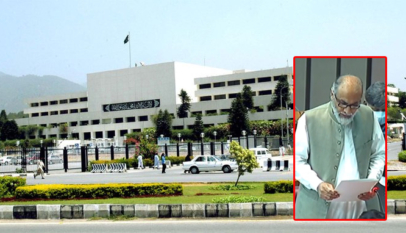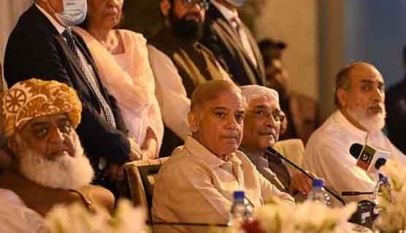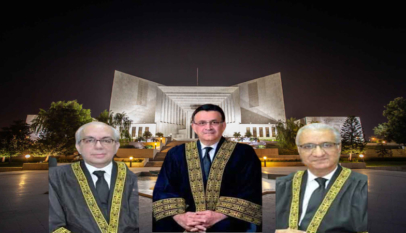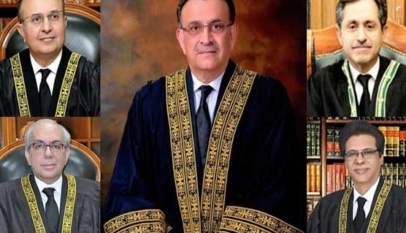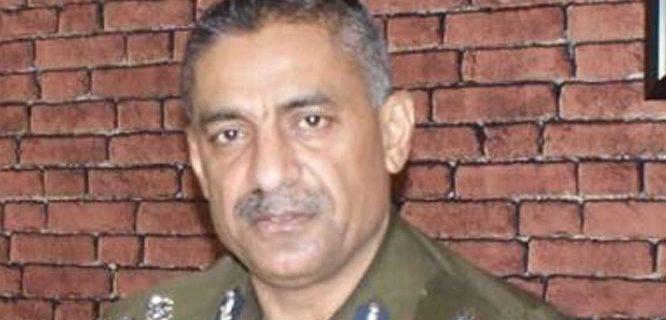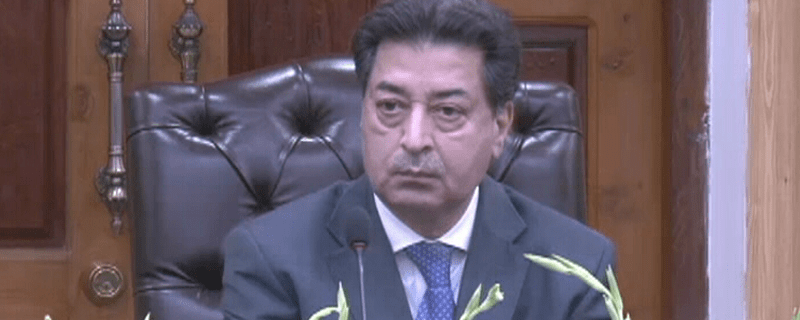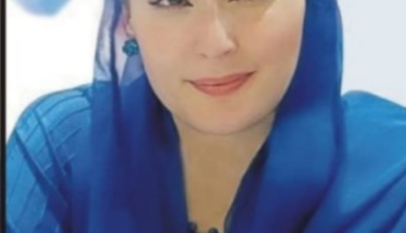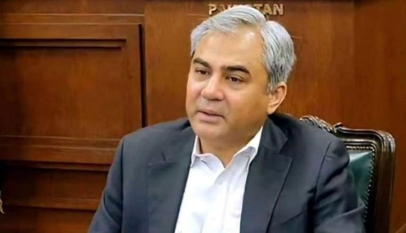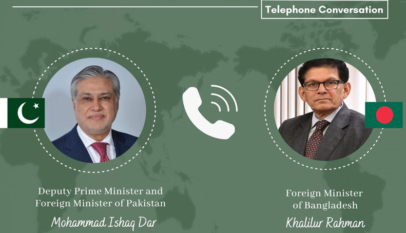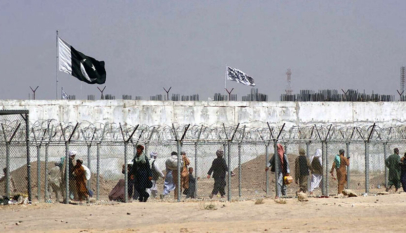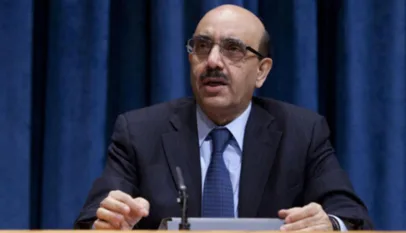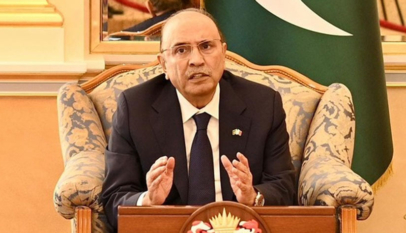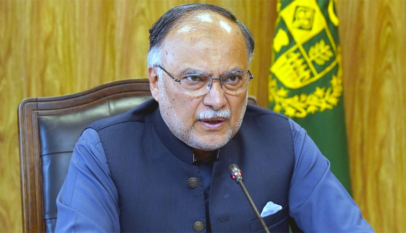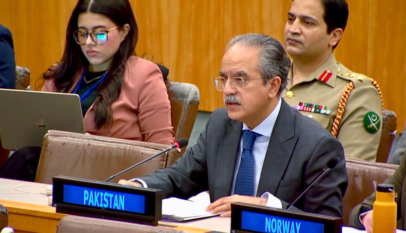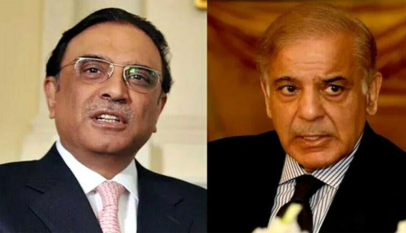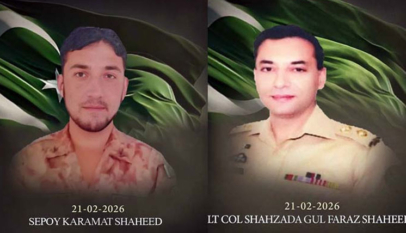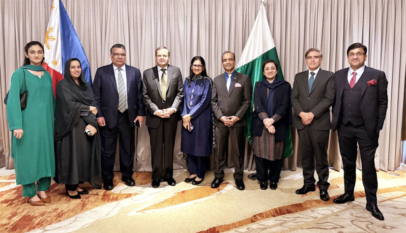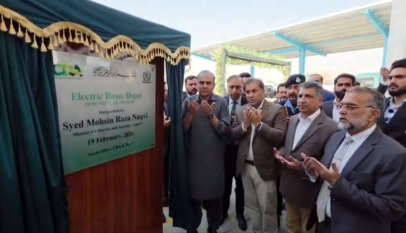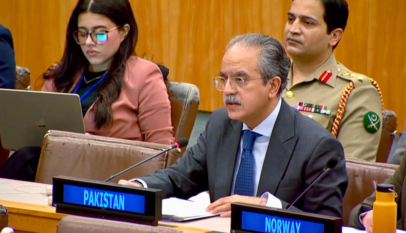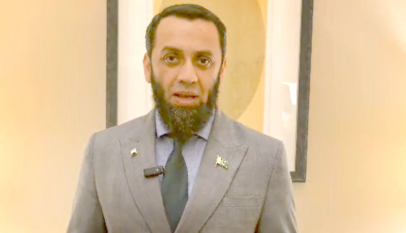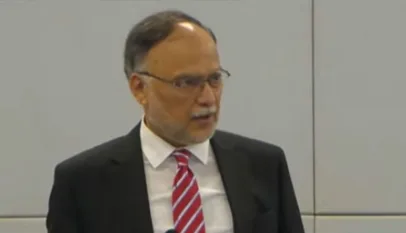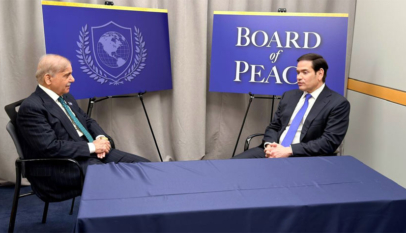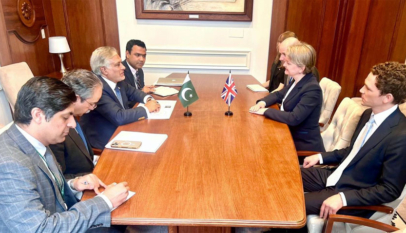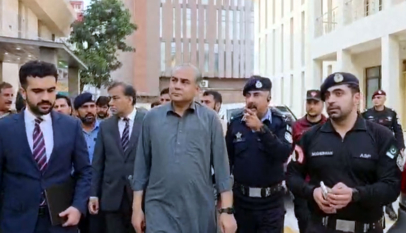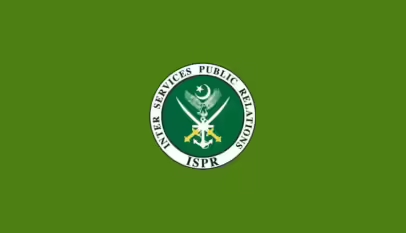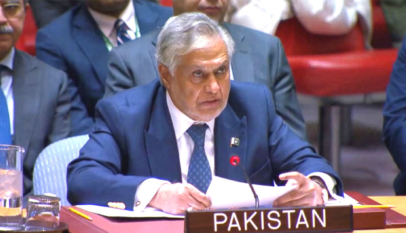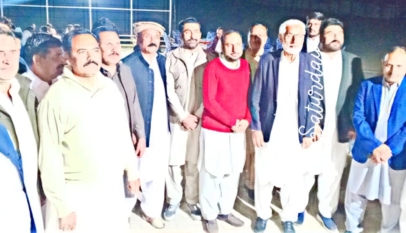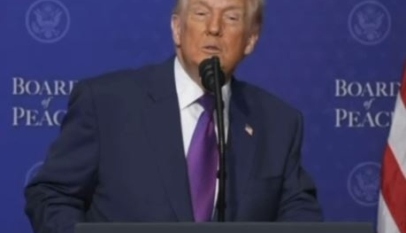
A special joint investigation team (JIT) probing the murder of senior journalist Arshad Sharif was not given access to evidence by the Kenyan authorities, the Supreme Court was informed on Monday.
A five-member bench, headed by Chief Justice of Pakistan (CJP) Umar Ata Bandial, resumed the hearing of the suo motu notice of Sharif’s murder in Kenya.
Other members of the bench are Justice Ijazul Ahsan, Justice Sayyed Mazahar Ali Akbar Naqvi, Justice Jamal Khan Mandokhail and Justice Muhammad Ali Mazhar.
At the outset of today’s hearing, JIT head Owais Ahmed submitted the second progress report to the apex court.
At this, the bench also expressed displeasure and ordered an investigation against those who disclosed the fact-finding report of Sharif’s murder.
CJP Bandial questioned who made the fact-finding report public and directed to find out who was behind it.
“The fact-finding report was made public without any verification,” the CJP remarked, questioning whether it was done deliberately. He said that there have been mistakes in the investigation carried out in Pakistan.
Justice Naqvi remarked that the court has read every single word of the report.
“Have you done what was assigned to you?” Justice Naqvi asked the JIT. He questioned whether the team found any material related to the murder in Kenya.
At this, JIT chief Owais Ahmed replied that they met officials in Kenya, adding that the East African country did not grant access to evidence.
“We did not find any concrete material in Kenya regarding Arshad Sharif’s murder,” he added.
“Where are Arshad Sharif’s mobile and other equipment?” questioned Justice Ahsan.
To this query, the JIT chief said that Sharif’s mobile phone and iPad are with Kenya’s IT department. However, the rest of his belongings have been received, he told the court without elaborating further.
Additional attorney-general said that Kenya did not cooperate in the murder investigation.
At this, Justice Ahsan asked how can a country seek cooperation in an investigation if the relations with that nation are not that good.
“Kenya is an independent country and doesn’t come under our jurisdiction,” remarked the chief justice.
The court wants to know what the JIT has found yet, said the CJP. “What will be the special JIT’s strategy in the future?” he asked.
The chief justice added that no one can be accused of the murder as of yet.
After the arguments, the hearing was adjourned till March.

